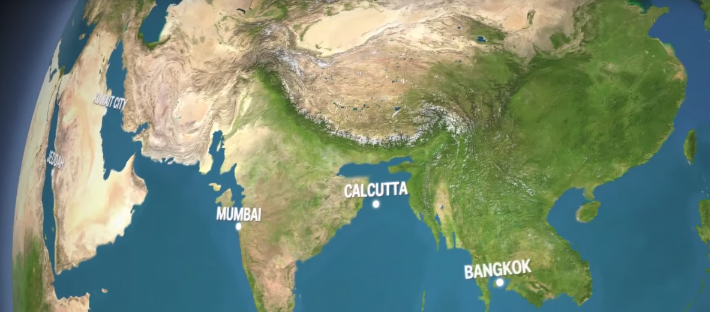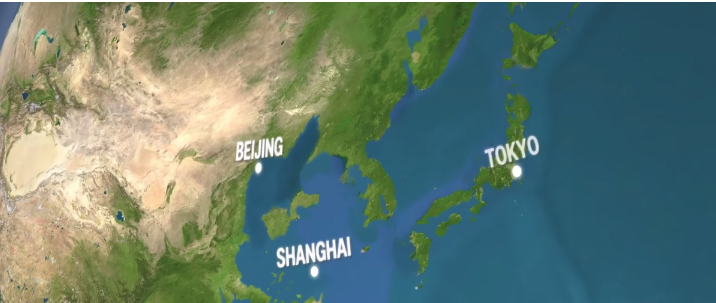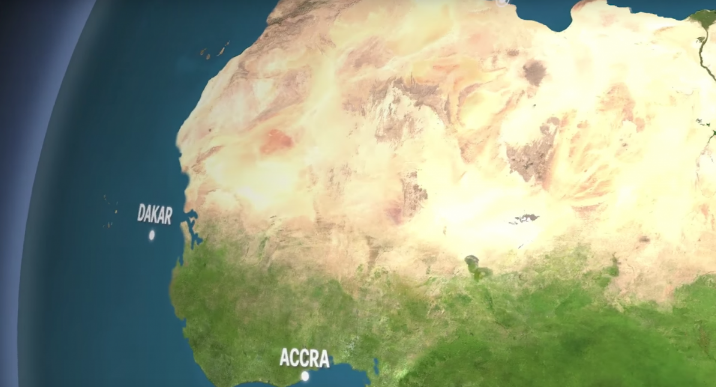What the world would look like if all the ice melted

If the world keeps burning fossil fuels and releasing carbon emissions indefinitely, climate change will eventually melt all the ice at the poles and on mountains, according to National Geographic.
This would raise global sea levels by approximately 216 feet, engulfing oceanside cities like Miami, Buenos Aires, and Cairo.
Business Insider made an animated map that shows what the world would look like if this doomsday future came true.

Take a look at the highlights below.
As soon as the end of this century, climate scientists say that parts of the Earth will become inhospitable. Risks brought on by climate change include mass famine, drought, severe flooding, plagues, poisoned oceans, and record heat waves.
As David Wallace-Wells noted in his recent New York magazine feature, researchers predict that these kind of disasters make war and permanent economic collapse more likely.
The increasingly rapid melting of ice sheets and glaciers is raising sea levels and changing the world's coastlines. Miami, along with the entire eastern seaboard, would be underwater if all the world's ice melted.

Europe would say goodbye to London, Venice, and the Netherlands.

Water would swallow all of Bangladesh, currently home to over 160 million, and Kolkata, population 4.6 million. The overflow of the Mekong Delta would strand Cambodia's Cardamom Mountains as an island.

Australia would lose much of the coastal strip where approximately 80% of its residents live.

Shanghai would be reclaimed by the East China Sea.

In South America, the Amazon Basin and the Paraguay River Basin would vanish, destroying Buenos Aires and most of Paraguay.

Africa would lose less of its land to sea level rise, compared to other continents. However, insufferable heat waves would make much of the area inhabitable.

There are over five million cubic miles of ice on Earth. It would take more than 5,000 years to melt it all, according to some scientists. But within the next generation, some cities may cease to exist if countries do not substantially lower carbon emissions.
• The mysterious life of Vladimir Putin's ex-wife
• Three simple, daily practices for living a happy life
• 15 movies you need to see that people agree are absolutely perfect
Read the original article on Business Insider UK. © 2016. Follow Business Insider UK on Twitter.
Join our commenting forum
Join thought-provoking conversations, follow other Independent readers and see their replies
Comments
Bookmark popover
Removed from bookmarks